Ludwig Schmid-Wildy
Nacimiento : 1896-05-03, Aachen, Germany
Muerte : 1982-01-30

Isidor Lux
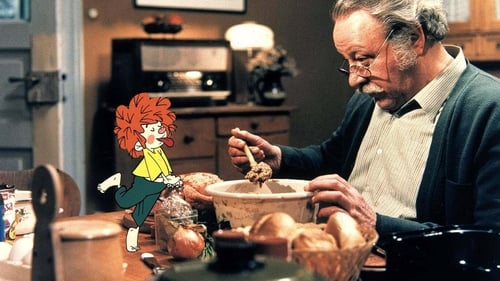
Meier

Bürgermeister
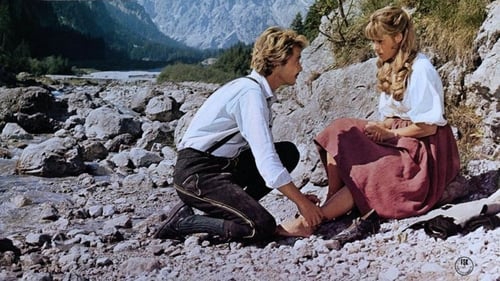
The young Count Ettingen leads a dissolute life in Munich with the demanding Baroness Prankha at his side. To finance his life, he has his uncle cut down the forests in his estate without caring about the consequences. When he catches his girlfriend having an affair, however, he retreats to the mountains. From the young alpine dairymaid Lore he learns about another side of life and wants to stop the overexploitation of the forest. But the baroness still wants his money.

Luschelpeterl

Großvater
Jennifer, Tom and Maria like to have sex together and to rob banks when necessary. Action takes place in typical Bavaria.

Turmair alis Johannes Aventinus

Wastl
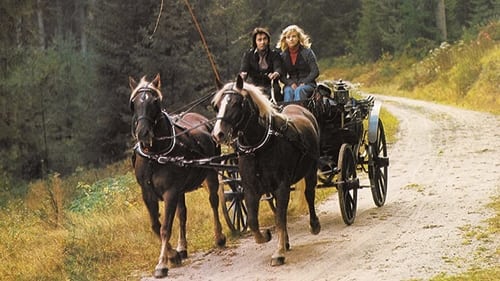
Grandfather Cremer
The young architect Hannes Cremer wants to forget all professional stress on his grandfather's Black Forest farm. He falls in love with the student Renate, but her romance is thwarted by Hannes' beloved admirer Janine. When Renate disappears, Hannes and his friend Uwe find so many surprises. Music comedy with Roy Black.

Korbinian

Girgl Anthuber
A comedy directed by Ernst Schmucker.

Gschwendtnerbauer

Matthias Kiermayer

Anton Haberlechner

Der alte Müller

Pfarrer

Vorgesetzter

Rower

Ein Gerichtsdiener

Martl

Nachtwächter Dodl

Gregor - Dorforganist und Mechanikermeister

Xaver Wurzer

Polikarp Trottermandl

Zenz

Xaver Festl

Nepomuk Haimerl

Langgörl

Hausl Joseph

Knecht Simon

Trompeter

Brandl

Geistbeck
A comedy directed by Olf Fischer.

Graßlwirt

Kribler

Girgl Anthuber

Girgl

Gemeinderat Harnrieder
After 50 years of service, the district usher Johann Peter Neusigl is supposed to get awarded a Royal-Bavarian medal of merit. Since government director Steinbeißl has announced that he wants to witness the awarding ceremony in person, district magistrate Kranzeder decided to splash out. He organises, with his wife Amalie, a banquet in their parlour, although both of them rather begrudge Neusigl the award. But after all, it is necessary to cut a good figure for the dignitaries. As the government director arrives, after a few incidents during his journey, belated, the event, however, has already degenerated into a boozy carousal which culminates in a scuffle.

Mathias Kiermayer

Bauer
The story has an old donkey resolving to break away from the unbearable hardships of working for a fat miller (Alfred Pongratz). By and by, he recruits three more unsatisfied animals and convinces them to accompany him on his way to Bremen where they want to become musicians. Fighting off some robbers in a forest house then becomes an important part of the story.

Reischl/Xaver

Bürger
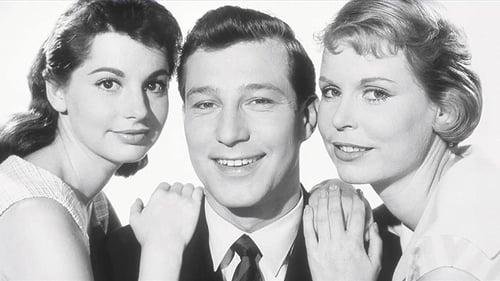
Alter Mann
Kurt Hoffmann′s satire concerning Germany′s development during the first half of the 20th century tells the story of two schoolmates - Hans and Bruno. They could not be more different. While Hans is ambitious and must always work hard for his career, it seems that the happy go lucky Bruno is carefree.

Veit

Ferdl

Abgeordneter

Sonnhofer

Writer

Anjan

Gasser

Screenplay
Xaver Bimshofer is the richest peasant in the village; and therefore, his only daughter Lenerl should marry a guy, who is diligent enough to keep the exemplary farm running. But Bimshofer doesn’t know, that Lenerl has long been a couple with the servant Sepp. So he suspects that every young man in the village wants to conquer his poor, innocent daughter. So that Lenerl really resists all these attempts, he gets a stone statue from Thomas Kammerlehner’s barn, “The Chaste Kunigunde”, which is supposed to protect the girl’s chastity and to protect her from sin by its positive energy.

Atzenkofer

Marimpfel

Writer
A love story, which takes place in an Upper Bavarian mountain village: the young teacher Mathias is very popular among his students for his progressive methods of teaching, but his methods have aroused the displeasure of the head teacher. Stasi, the future heiress of the Rosenhof, loves Mathias. But her grandparrents have a different man in mind for her: were she to marry Sepp, the son of the mayor, who resides on the neighboring farm, the two estates could be joined together as one. When the head teacher's daughter begins to get the hots for Mathias, Stasi quickly gets prepared to marry Sepp. But then, Mathias tells her of his love for her.

Martin Grosse

Gabler

Screenplay

Simmerl, Schäfer

Fischer

Lessing
The focus of this wartime propaganda film from 1940 is the foreman Keith, who works at a Polish sawmill, not far from the German border. It is 1939 and the War is fast approaching. The Polish workers at the sawmill revolt and kill the mill's German owner, as well as threaten their German colleagues. Keith flees with the children of his dead boss and joins other German refugees on their way to safety across the borders of the Reich.
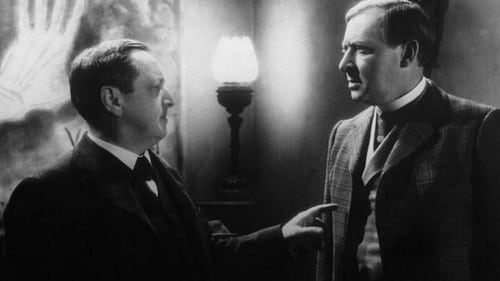
Lakai

Bürgermeister

Matrose

Bauer Klotz

Wirt
The farmers on the Lohhof, the largest farm in the area, are well known all around and have the highest prestige amongst their peers, not the least, because they never suffer any shortage of water. When in times of drought the water everywhere else has dried into nothingness, the water on the Lohhof is abundant and fresh. But one very dry summer, the drought comes to the Lohhof, too, and this time, the source of the water has dried up. And so, with diving rod in hand, one of the farm's old peasants goes on his merry little way to find a new source of water. At one point, the diving rod bends so strongly, that it almost slips out of the old man's hands. Convinced that there must be a huge source of water nearby, all the farmers of the Lohhof bend their backs to find the new well. They dig long, but they dig in vain: no water is found, only a strange sand, which is yellowish, shiny and flickers golden in the sun.

Dickson

Kriegsgefangener

Lachner

Writer

Domini, Dorfschmied

Der alte Krafft

Director
Film by Schmid-Wildy.

Hans Steinbauer
Historia de uno de los muchos combates de la Gran Guerra, contada desde la perspectiva alemana. Frente a las pacifistas "Sin novedad en el frente" y "Westfront 1918" (1930), esta película da un punto de vista más favorable a Alemania. Fue un enorme éxito de taquilla en su estreno el 20 de febrero de 1934, y se basó en las memorias de guerra del propio director Zöberlein, "Der Glaube an Deutschland (La fe en Alemania)". Fue financiada por el gobierno nacional-socialista, y contó con la Wehrmacht y tropas de las SA como extras. Es minuciosamente realista y muchos de sus efectos no son tales, sino que se realizaron con munición real y explosivos. Fue prohibida en Alemania tras el fin de la II Guerra Mundial. (FILMAFFINITY)

Director
Historia de uno de los muchos combates de la Gran Guerra, contada desde la perspectiva alemana. Frente a las pacifistas "Sin novedad en el frente" y "Westfront 1918" (1930), esta película da un punto de vista más favorable a Alemania. Fue un enorme éxito de taquilla en su estreno el 20 de febrero de 1934, y se basó en las memorias de guerra del propio director Zöberlein, "Der Glaube an Deutschland (La fe en Alemania)". Fue financiada por el gobierno nacional-socialista, y contó con la Wehrmacht y tropas de las SA como extras. Es minuciosamente realista y muchos de sus efectos no son tales, sino que se realizaron con munición real y explosivos. Fue prohibida en Alemania tras el fin de la II Guerra Mundial. (FILMAFFINITY)











